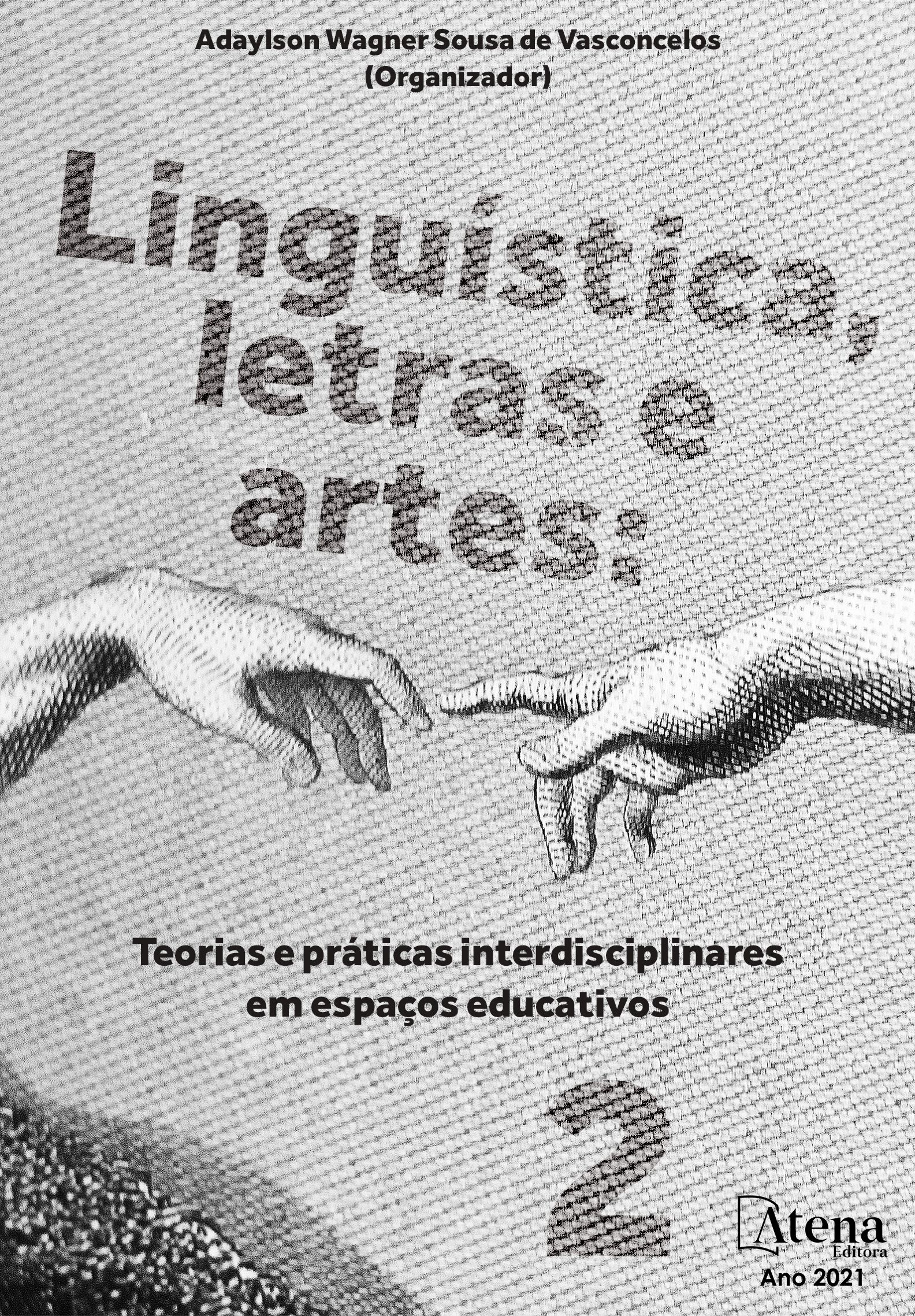
ENSINO DE LINGUA PORTUGUESA: O DISCURSO NAS POLÍTICAS DE ESTADO
Propõe-se, neste artigo, mostrar o deslocamento teórico realizado por Pêcheux, em 1969; da noção de língua, na Linguística, conforme Saussure, para a noção de discurso, pela Análise de Discurso, na França, na década de 1960, e conforme difundida no Brasil, por Orlandi, desde os anos de 1980, bem como possíveis deslocamentos de ponto de vista sobre o ensino de língua portuguesa e o discurso nas políticas de estado. Desde o decreto de Pombal até a primeira iniciativa de parametrização do ensino de língua portuguesa no final do último século, não houve deslocamento no modo de ensinar essa disciplina. É o deslocamento teórico proposto em Pêcheux e Orlandi que norteia a pesquisa em que se ancora este artigo, apontando, nesse modo de ensinar a língua na escola, as ideologias de Estado. Ao propor compreender a língua em relação à história, tem-se o discurso. Pretende-se tomá-lo no que concerne às determinações do Estado, que impõe suas políticas de ensino de língua portuguesa para o sujeito-aluno, perpassadas pelo discurso da escrita. Propõe-se, também, mostrar o caminho percorrido pela língua entre o deslocamento do sujeito-fiel, religioso, e o sujeito de direito. A partir das questões que se propõe investigar, interessa apresentar o percurso da forma-sujeito, enquanto um sujeito determinado pelo Estado na história. Para isso, destaca-se os diferentes modos de produção entre o período considerado Medieval e o da Idade Moderna. Interessa, ainda, mostrar como funciona o discurso escolar, sob o lema de formar cidadãos e produtivos, pois a escola, enquanto Aparelho Ideológico do Estado, acaba por marcar a diferença/contradição pela imposição da língua por meio da escrita.
ENSINO DE LINGUA PORTUGUESA: O DISCURSO NAS POLÍTICAS DE ESTADO
-
DOI: 10.22533/at.ed.9072120093
-
Palavras-chave: Língua; discurso; ensino; escrita
-
Keywords: Tongue; speech; teaching; writing
-
Abstract:
It is proposed, in this article, to show the theoretical shift made by Pêcheux, in 1969, from the notion of language, in Linguistics, according to Saussure, to the notion of discourse, through the French Discourse Analysis and the possible consequences of discourse in state policies on Portuguese language teaching. Since the decree of Pombal until the first initiative to parameterize Portuguese language teaching at the end of the last century, there has been no shift in the way of teaching this discipline or in the discourse on which this teaching is based. It is the theoretical shift proposed in Pêcheux and Orlandi that guides the research on which this article is based, pointing out, in this way of teaching the language at school, the ideologies of the State. When proposing to understand the language in connection with history, the discourse is found. By proposing to understand the language in relation to history, there is the discourse. It is intended to take it with regarding to the determinations of the State, which imposes its Portuguese language teaching policies for the subject-student, permeated by the discourse of writing. It is also proposed to show the path taken by the language between the displacement of the faithful, subject religious subject and the subject of law. From the questions it proposes to investigate, it is interesting to present the path of the form-subject, as a subject determined by the State in history. For this, the different modes of production between the period considered Medieval and the Modern Age are highlighted. It is also interesting to show how the school discourse works, under the motto of forming citizens and productive, since the school, as the State's Ideological Apparatus, ends up marking the difference/contradiction by imposing the language through writing.
-
Número de páginas: 14
- Edeina Rodrigues


